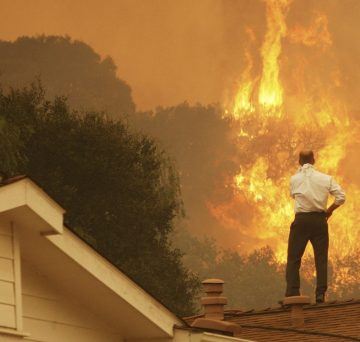Adam Tooze in Foreign Policy:
 As the coronavirus lockdown began, the first impulse was to search for historical analogies—1914, 1929, 1941? As the weeks have ground on, what has come ever more to the fore is the historical novelty of the shock that we are living through. As a result of the coronavirus pandemic, America’s economy is now widely expected to shrink by a quarter. That is as much as during the Great Depression. But whereas the contraction after 1929 stretched over a four-year period, the coronavirus implosion will happen over the next three months. There has never been a crash landing like this before. There is something new under the sun. And it is horrifying.
As the coronavirus lockdown began, the first impulse was to search for historical analogies—1914, 1929, 1941? As the weeks have ground on, what has come ever more to the fore is the historical novelty of the shock that we are living through. As a result of the coronavirus pandemic, America’s economy is now widely expected to shrink by a quarter. That is as much as during the Great Depression. But whereas the contraction after 1929 stretched over a four-year period, the coronavirus implosion will happen over the next three months. There has never been a crash landing like this before. There is something new under the sun. And it is horrifying.
As recently as five weeks ago, at the beginning of March, U.S. unemployment was at record lows. By the end of March, it had surged to somewhere around 13 percent. That is the highest number recorded since World War II. We don’t know the precise figure because our system of unemployment registration was not built to track an increase at this speed. On successive Thursdays, the number of those making initial filings for unemployment insurance has surged first to 3.3 million, then 6.6 million, and now by another 6.6 million. At the current rate, as the economist Justin Wolfers pointed out in the New York Times, U.S. unemployment is rising at nearly 0.5 percent per day. It is no longer unimaginable that the overall unemployment rate could reach 30 percent by the summer.
More here.
